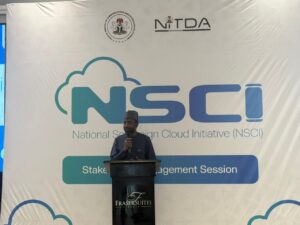Akamai Technologies has revealed its expansion plans with seven new core compute regions set to cover key areas in Europe, Asia, North America, and Latin America. These regions will be located in Amsterdam, Netherlands; Jakarta, Indonesia; Los Angeles, California; Miami, Florida; Milan, Italy; Osaka, Japan; and São Paulo, Brazil. This move follows Akamai’s acquisition of Linode last year and signifies a significant step in reshaping cloud operations.
With the inclusion of São Paulo and Miami, Akamai aims to facilitate business activities in Latin America and compete effectively in a market traditionally dominated by larger hyperscale providers. This expansion allows Akamai customers to operate workloads in São Paulo, a highly populous city in the southern hemisphere, eliminating the need for workloads to traverse continents. Akamai’s core compute regions strategy focuses on hard-to-reach global markets, connecting them to its extensive backbone network of over 4,100 edge PoPs across 131 countries.

Akamai is transforming cloud architecture by advocating for a more distributed, decentralized, low-latency, and globally scalable design. The company’s cloud computing services are well-suited for high-performance workloads that demand proximity to end users, such as those in streaming media, gaming, and ecommerce applications. These services are part of Akamai Connected Cloud, a distributed edge and cloud platform designed to bring applications and experiences closer to users while keeping threats at bay.
Akamai’s Chief Operating Officer and General Manager of Cloud Technology Group, Adam Karon, highlighted the shift away from legacy centralized cloud models, emphasizing Akamai’s commitment to cloud-native technologies and a distributed-first approach. The company aims to redefine scalability, making network size just as important as data center size for the future.
Akamai boasts an extensive network of over 4,100 edge points of presence spanning 131 countries, ensuring users benefit from ultra-low latency access to its compute service.




